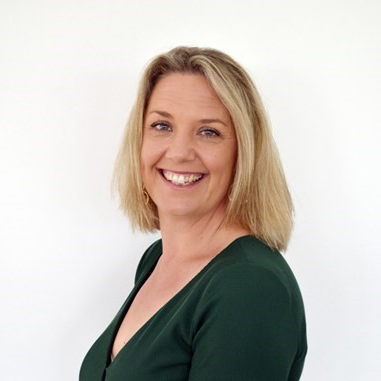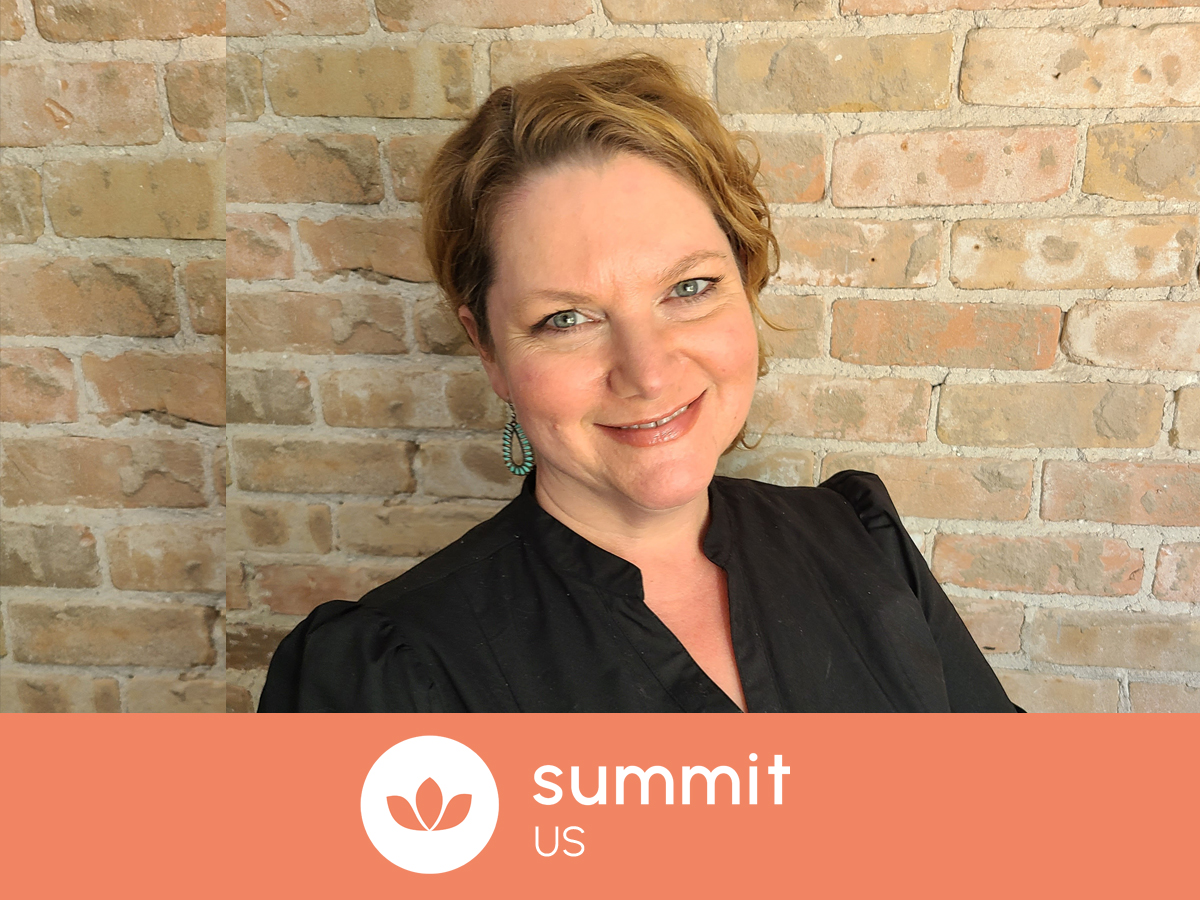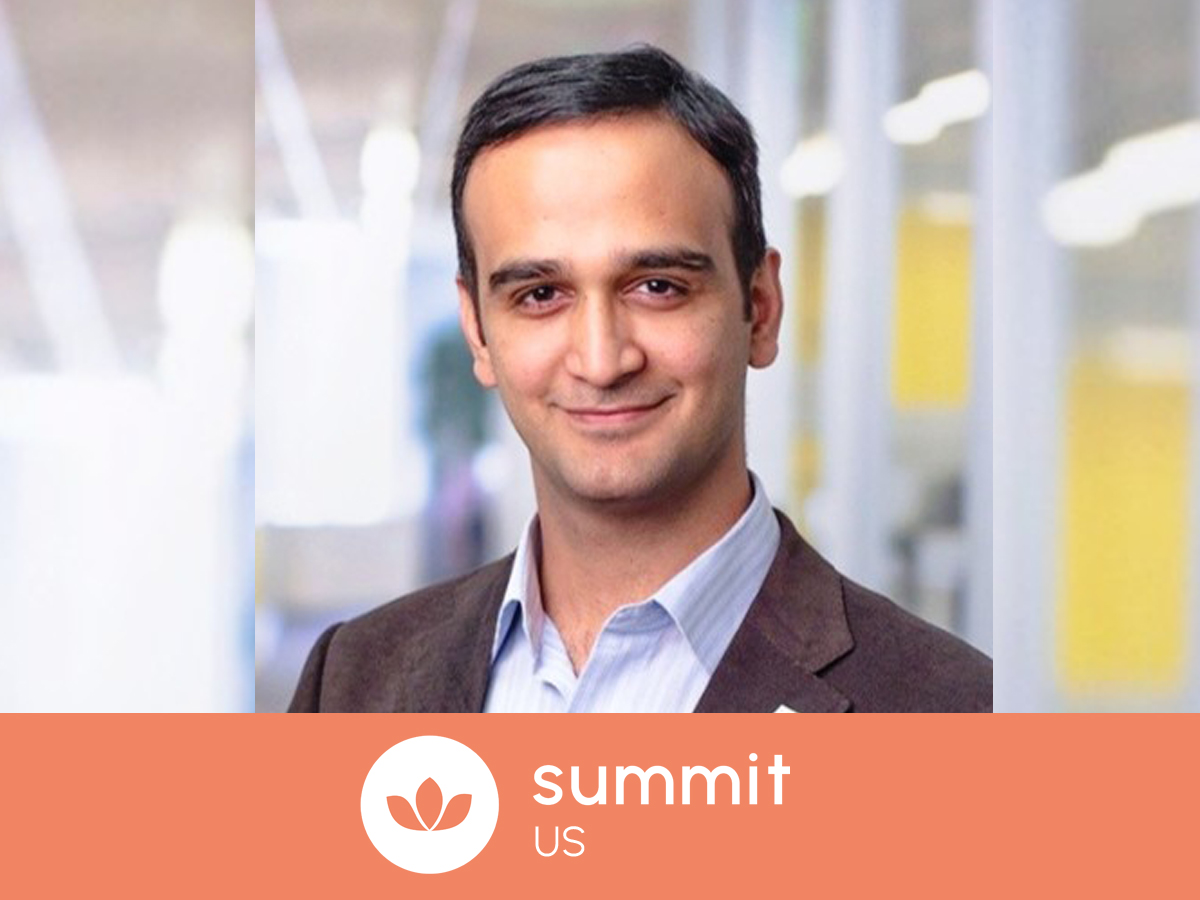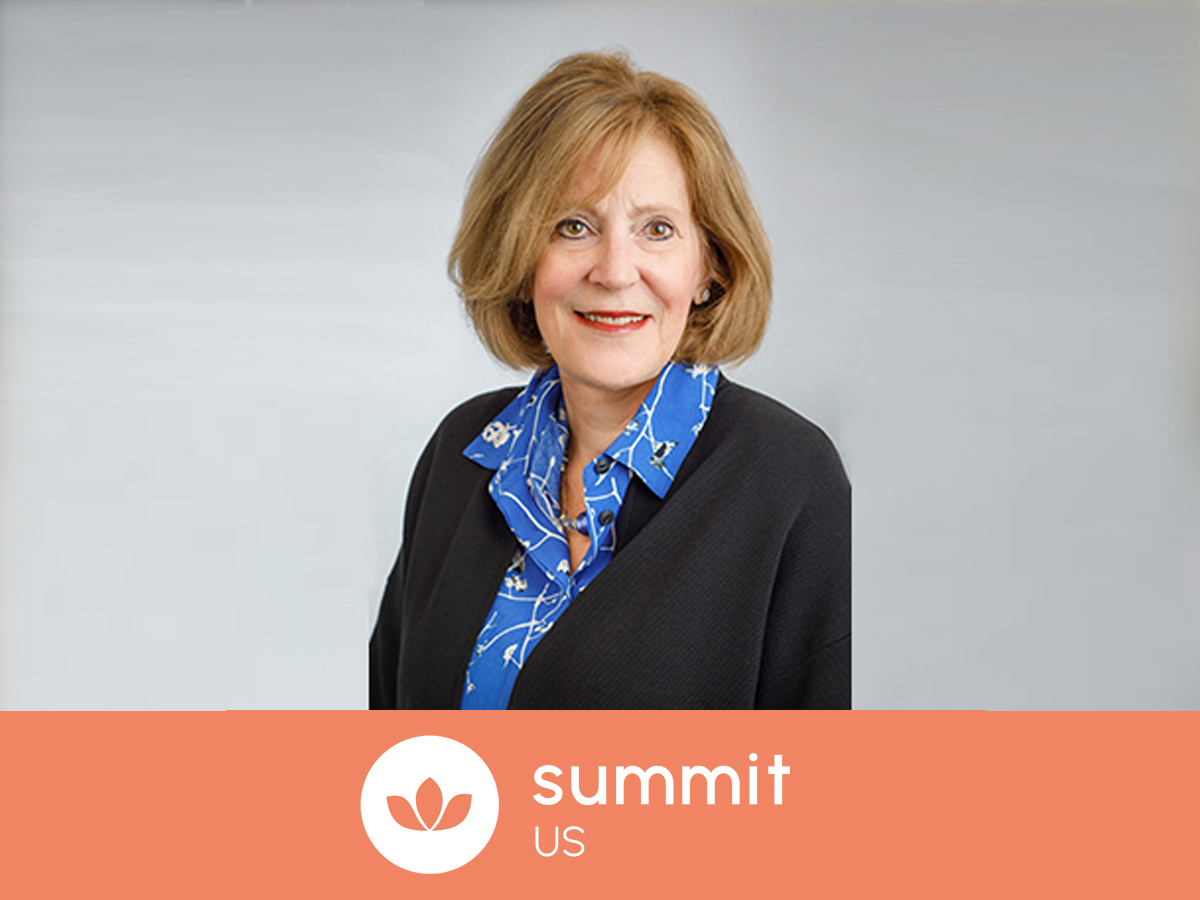
Angela is the Chief People Officer at ARN Media, a leading ASX-listed media and entertainment business operating in radio, audio, digital and outdoor in Australia and Hong Kong. Angela is a HR thought-leader with deep expertise in culture and engagement; organisational development and design; employment and industrial relations; coaching and leadership; and leading complex organisational change including through M&As. Prior to joining ARN, Angela’s experience included People and Culture Director and Line Management roles with James Hardie Building Projects APAC, Lion, Caltex Australia Petroleum and Yum! Restaurants International.
We are delighted that Angela will be speaking in Sydney as part of our Australia summit. We caught up with her to see how she’s feeling in the runup to the event.
Hi Angela, we are thrilled that you will be speaking at the Wellbeing at Work Australia Summit in November. Our first and most important question is, how are you doing today?
I’m doing great, thank you!
As a leader based in the region, what are the main challenges you are facing when it comes to employee wellbeing and mental health?
We, like so many other organisations, are seeing a few things happening that are putting people under pressure from a wellbeing and mental health perspective…
Externally there’s the cost of living challenges, and people having to navigate work and life (caring for kids, parents, themselves!).
Internally, we are going through a huge amount of change as the industry is evolving and the organisation needs to evolve with it. It’s making it hard for people to get through the day to day and this has been going on for a few years so people are getting a bit tired.
What strategies have you seen developing over the past 6 months, both internally and externally, that are moving the dial on wellbeing in the workplace?
There seems to have been a shift externally in people talking about wellbeing as if it’s something that can be “fixed” through one-off training sessions or programmes, to acknowledging that wellbeing is really driven by the culture in an organisation. This is great because what we need is for organisations to be evolving how they structure work differently for people to help them fulfil both their personal and professional responsibilities and goals in a sustainable way.
Internally, we have decided to continue to invest in building capability in people to help themselves, and others to manage their wellbeing. One way we’ve done this is accrediting our Safety & Wellbeing Partner in mental health first aid, so that she can educate and train our people leaders and other interested people in this.
Why is employee wellbeing so important to you personally?
I believe that everyone deserves to have a job that they enjoy doing, that leverages their skills and experience and provides them with a sense of achievement. I know that these things support people’s wellbeing and help them to be at their best. I’m no different!
What impact is AI having in your organization and how are you managing that?
We see AI as an opportunity to improve the workplace. We know that if we leverage the right AI tools, we can remove some of the non-value add work people do and this will free them up to do the “good stuff”. So, giving them time to think and be creative, versus getting caught up in data entry. So we are developing a framework to use internally that helps us guide people in terms of what we are comfortable with, and not (which is important from a security perspective for example). We are also partnering with some other organisations and leveraging their expertise to help us explore what will help us, and how we can bring that into the business quickly. We know lots of people are experimenting, we just need to take that experimentation into a more structured approach to enable the whole business to benefit.
Other than AI, are there any challenges that you are seeing for the first time and how are you addressing them?
Something my team and I have chatted a bit about is that as we have been navigating change in the business, there seem to be a lot of people who have never experienced anything like it. Whether that’s role or team restructuring, redundancies, or even process change…so many people don’t seem to have been through this before and many have struggled not to take the changes personally or navigate them well.
What areas do you think employers should be focused on over the next 12 months?
Normalising change, evolving the workplace to enable people to be successful in their role, but also successful in their personal lives (whatever that means for them!), and taking advantage of technology to enable a great experience for their people.
Do you feel that investment in employee wellbeing in the region is increasing or decreasing and is that a direct reflection on HR leaders’ increasing ability to demonstrate effective returns of their strategies to leadership?
I think people are moving away from investing in one-off programmes or training as I said before, but that’s not a bad thing. I think that the organisations who are thriving right now, are ahead of the curve on flexible workplaces, leveraging technology, and building a culture that embraces change. I see the role of HR to be ensuring that those things are on the strategic agenda and being invested in and the leading HR leaders are doing this well.
How has your organisation been leading the way?
Over the past 5 years we have been focused on building a more constructive culture through building leader capability and providing them (leaders) with the tools (including on the job coaching) to be great at the leadership aspect of their roles.
And we’ve seen the difference this has made to retention, engagement, discretionary effort, and therefore wellbeing. As we navigate ongoing change and evolution it is getting harder to stay focused on this, but I’m hopeful that we will.
Angela will be speaking in Sydney at the Wellbeing at Work Summit Australia.
Further details and tickets for the Sydney Summit can be found here.
Further details and tickets for the Melbourne Summit can be found here.



